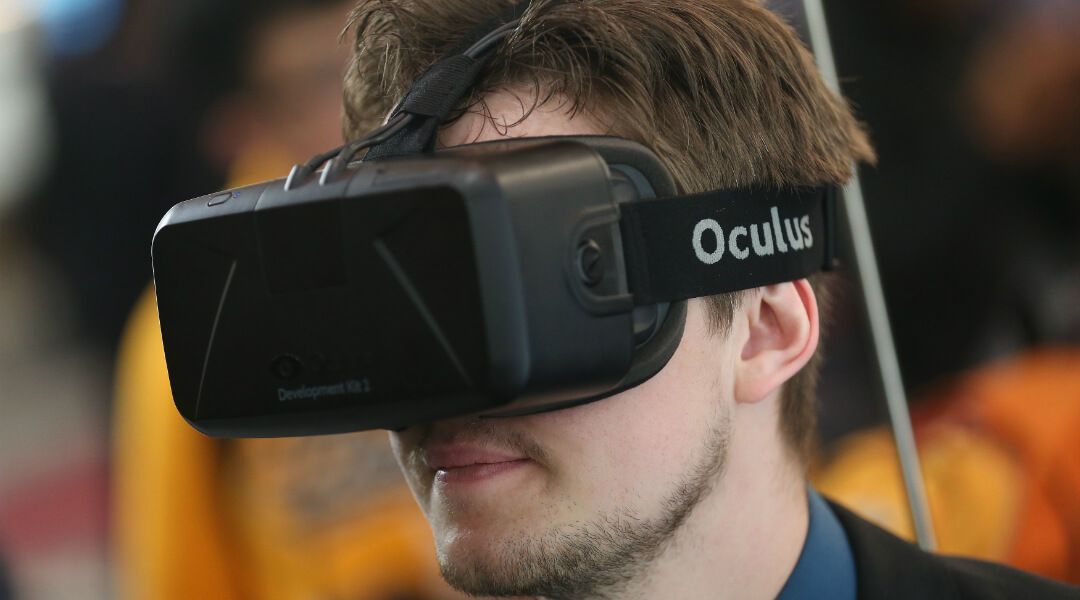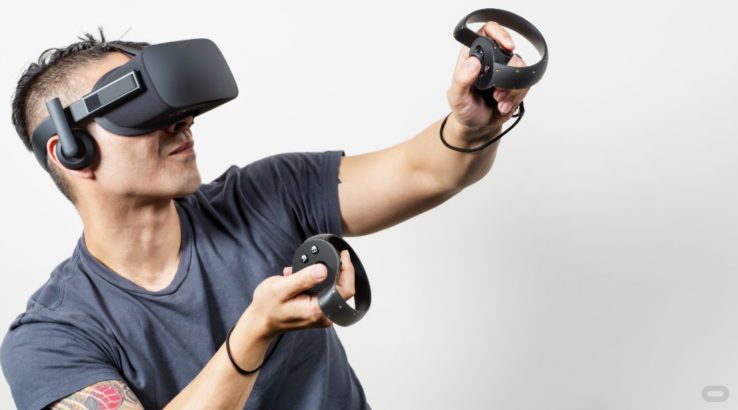Virtual reality is thought by many to be the next major leap for video games. It's the epitome of what's possible as far as immersion goes, and it makes sense that developers would want to explore those possibilities. So far, Facebook's Oculus headset has dominated the VR market, but that early lead over their competitors apparently may not be enough to justify a second version of the virtual reality machine.
Recent reports about the Rift 2 have claimed that the headset has been canceled entirely by Facebook, prompting the departure of Oculus Co-Founder Brendan Iribe from the company. However, Oculus has since disputed these claims, though the official response doesn't do much to instill confidence in a future iteration of the headset:
While we can’t comment on our product roadmap specifics, we do have future plans, and can confirm that we are planning for a future version of Rift
Of course, the cancellation of the Rift 2 wouldn't necessarily mean the end of Oculus entirely. The company recently released the Rift's successful little brother, the Oculus Go, which doesn't require users to be tethered to a PC while they play. The company is also planning to release a version of the headset known as the Oculus Quest - an all-in-one virtual reality machine that also lacks cables and wires.
The departure of Iribe from the company is evidence that the VR wing may be having trouble. Iribe released a long statement on Facebook following the move, calling his time at the company "transformative" and stating that the "magical VR glasses" gamers have long hoped for will soon be within reach thanks to the work of the Oculus team. However, reports have claimed that the end of Iribe's time with the corporation may have been tumultuous and that he had a "fundamentally different view" of the Oculus' future than Facebook had.
The question now is what this could mean for the future of Oculus and the future of VR as a whole. There are still major competitors in the field, like Sony and HTC, but sales of VR headsets have been cooling down. With a VR visionary now absent from the company and a lawsuit by Bethesda parent company Zenimax on their hands, Facebook's interest in VR may be understandably small.
If the Rift 2 really is canceled, it would probably be best for Facebook to just come right out and say it. There are still many gamers anxiously awaiting a Ready Player One type of VR, and Facebook would do well to temper expectations early on.
Source: Tech Crunch


